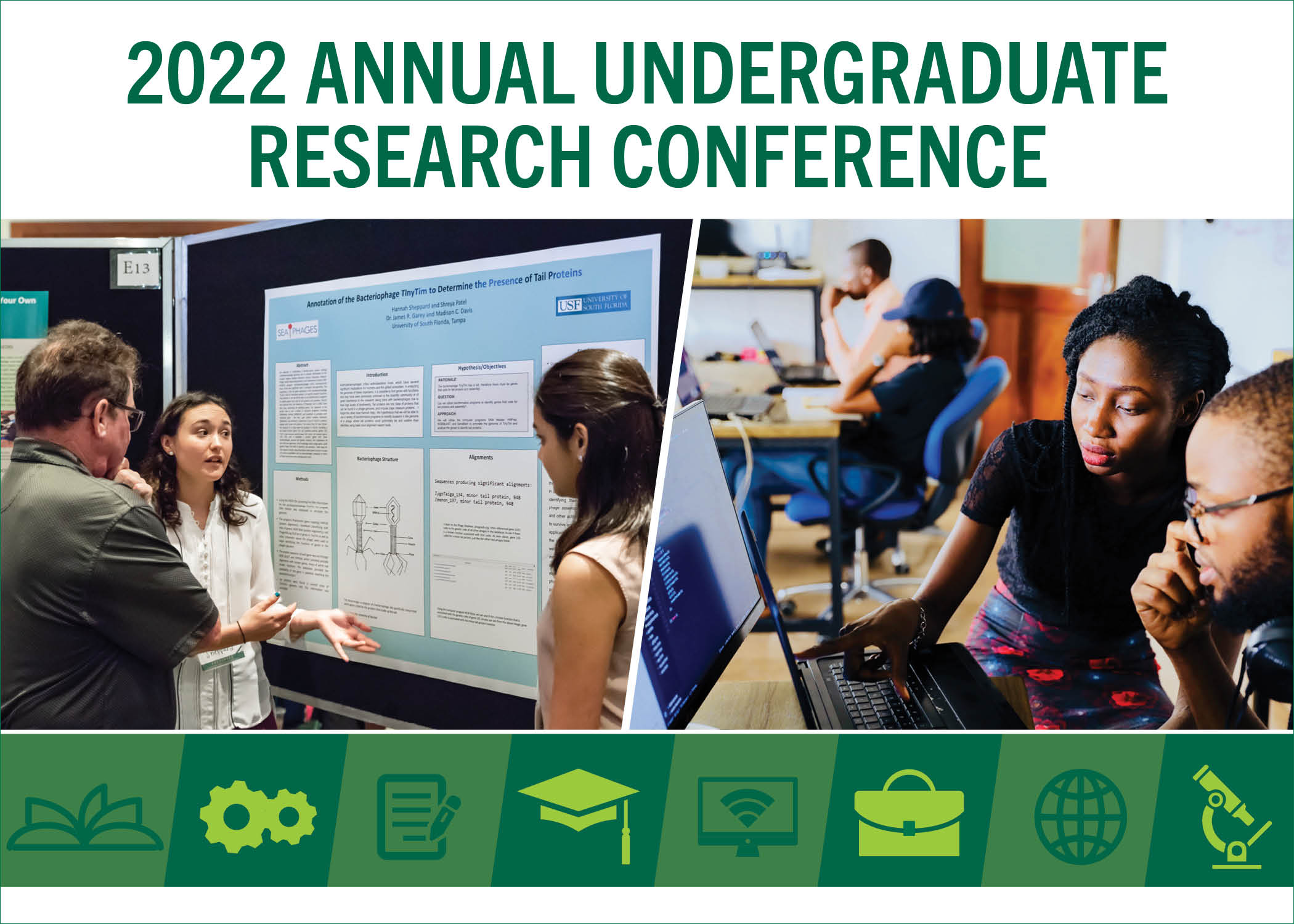For Richer or Poorer in Sickness and Health: Socioeconomic Status and its Effect on Students' Attitudes and Behavior During COVID-19
Mentor Information
Dr. Donna Lee Ettel-Gambino
Description
A previous study suggested that despite travel restrictions becoming more lenient, people with higher socioeconomic status (SES) traveled more frequently than those who identified with a lower SES.This study aimed to examine difference among students with different SES backgrounds and their knowledge and behaviors during the COVID-19 pandemic. Causal comparative approach was utilized; MANOVA was conducted using SAS. The independent variable was SES; dependent variables include (1) agreement with CDC guidelines (2) change in behavior in accordance to online COVID-19 information (3) concern about Omicron (4) agreement that vaccine offers protection against Omicron (5) knowledge of COVID-related death (6) willingness to share symptoms (7) willingness to isolate if they tested positive (8) travel by plane (9) change in mental health. There were four statistically significant findings: the proportion of (1) students (13%) who would conceal if experiencing symptoms (p<0.03) (2) students (72%) concerned about Omicron (p<0.02) (3) students (81%) willing to change behaviors based on online COVID-19 information (p<0.03) (4) students (39%) who have traveled by plane (p<0.004). Results suggested lower class (LC) and upper class (UC) students would conceal if they experienced symptoms, but UC students worry the least about Omicron whereas lower middle class (LMC) students worry the most. LC and LMC students would change their behavior based on online COVID-19 information. Contrary to the aforementioned study, LC and LMC students traveled the same if not more than UC students.These results implore for a call to action to bridge the gap among socioeconomic disparities intertwined with healthcare disparities.
Loading...
Please select your campus affiliation
Tampa
For Richer or Poorer in Sickness and Health: Socioeconomic Status and its Effect on Students' Attitudes and Behavior During COVID-19
A previous study suggested that despite travel restrictions becoming more lenient, people with higher socioeconomic status (SES) traveled more frequently than those who identified with a lower SES.This study aimed to examine difference among students with different SES backgrounds and their knowledge and behaviors during the COVID-19 pandemic. Causal comparative approach was utilized; MANOVA was conducted using SAS. The independent variable was SES; dependent variables include (1) agreement with CDC guidelines (2) change in behavior in accordance to online COVID-19 information (3) concern about Omicron (4) agreement that vaccine offers protection against Omicron (5) knowledge of COVID-related death (6) willingness to share symptoms (7) willingness to isolate if they tested positive (8) travel by plane (9) change in mental health. There were four statistically significant findings: the proportion of (1) students (13%) who would conceal if experiencing symptoms (p<0.03) (2) students (72%) concerned about Omicron (p<0.02) (3) students (81%) willing to change behaviors based on online COVID-19 information (p<0.03) (4) students (39%) who have traveled by plane (p<0.004). Results suggested lower class (LC) and upper class (UC) students would conceal if they experienced symptoms, but UC students worry the least about Omicron whereas lower middle class (LMC) students worry the most. LC and LMC students would change their behavior based on online COVID-19 information. Contrary to the aforementioned study, LC and LMC students traveled the same if not more than UC students.These results implore for a call to action to bridge the gap among socioeconomic disparities intertwined with healthcare disparities.



Comments
Poster Presentation